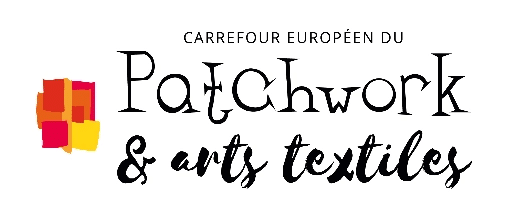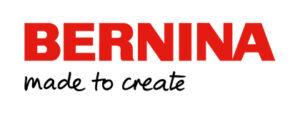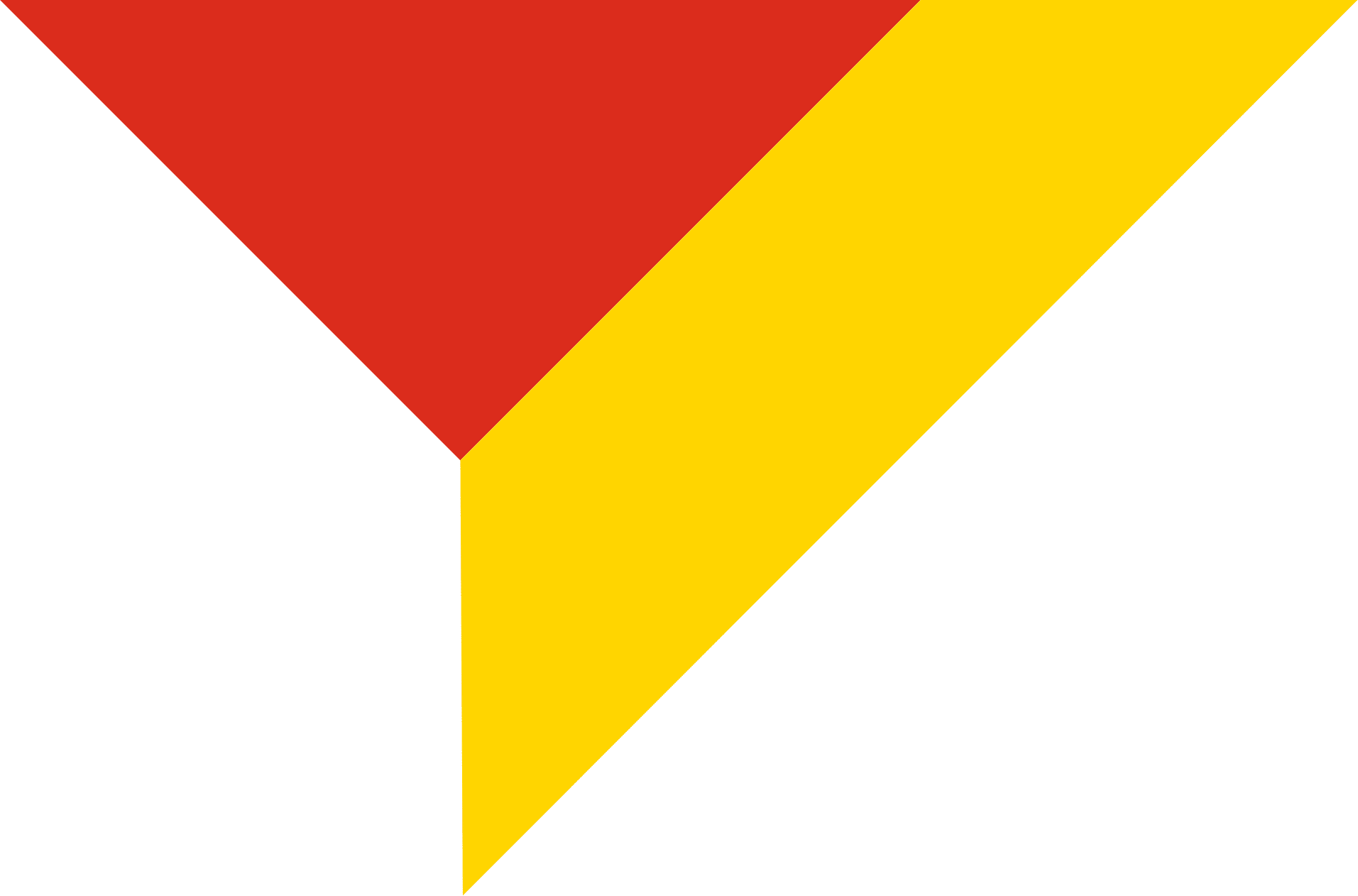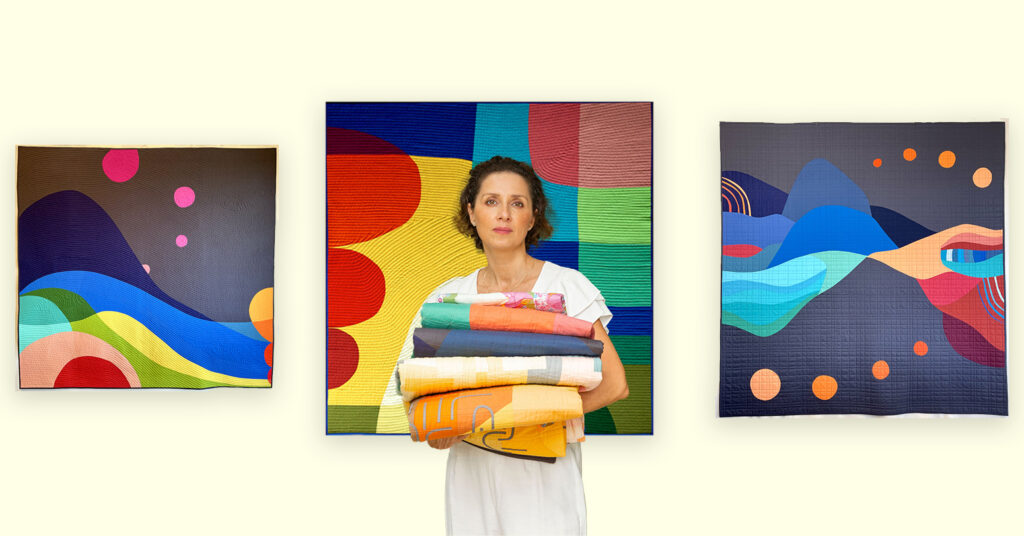Come join this small tour of the world of fabrics and preparation techniques for natural or chemical dyeing. During this year’s seminar, we will discuss the different craft techniques used around the world to create patterns before dyeing. We will analyze the patterns and colors of the most traditional textiles from each of the regions we will visit in pictures: India, Asia, Africa.
We will prepare mechanical and physical reserves such as shibori – itajime, shibori -nui, batik (waxes), and Katazome (rice paste applied to stencil). Each of these techniques with well-known names have equivalents in all the continents and we will also refer to them. To top it all off, we will dye these different samples in a substantive indigo dye (natural dye) or by a chemical reactive dye.









